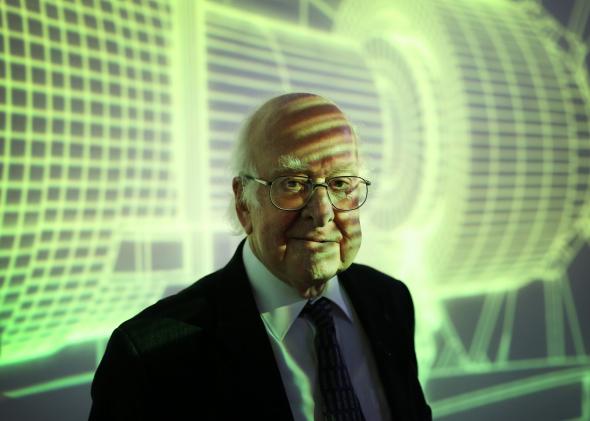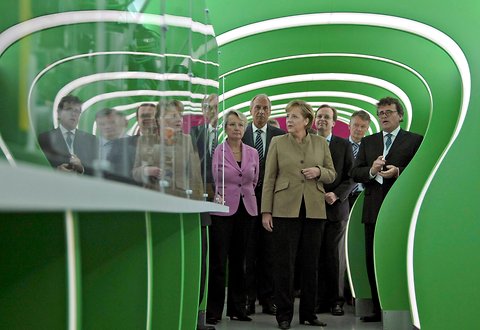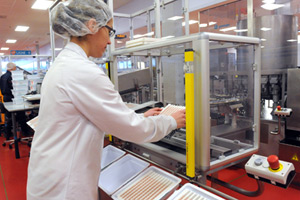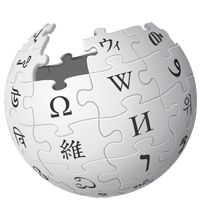
… [The research articles] are so obviously fake that nobody who has any business being within 10 feet of a computer science journal would fail to spot them with even the most careless examination. A technological solution is completely unnecessary. The answer to that question exposes the dirty secret of modern scientific publishing.
It is that secret, not the occasional publication of fake papers, that the scientific publishing world should be mortified about, for it is damaging the underpinnings of the whole scientific endeavor.
Fake peer review: Scientific journals publish fraudulent, plagiarized, or nonsense papers..


Caption: Nobel winner Peter Higgs says that today, he wouldn’t be “productive enough” to land an academic job.
In 2005, a group of MIT graduate students decided to goof off in a very MIT graduate student way: They created a program called SCIgen that randomly generated fake scientific papers. Thanks to SCIgen, for the last several years, computer-written gobbledygook has been routinely published in scientific journals and conference proceedings.
According to Nature News, Cyril Labbé, a French computer scientist, recently informed Springer and the IEEE, two major scientific publishers, that between them, they had published more than 120 algorithmically-generated articles. In 2012, Labbé had told the IEEE of another batch of 85 fake articles. He’s been playing with SCIgen for a few years—in 2010 a fake researcher he created, Ike Antkare, briefly became the 21st most highly cited scientist in Google Scholar’s database.
How nonsense papers ended up in respected scientific journals..

I’ve visited Singapore a few times in recent years and been impressed with its wealth and modernity. I was also quite aware of its world-leading programs in mathematics education and naturally noted that one of the candidates for president was Tony Tan, who has a Ph.D. in applied mathematics. Tan won the very close election and joined the government of Prime Minister Lee Hsien Loong, who also has a degree in mathematics.
China has even more scientists in key positions in the government. President Hu Jintao was trained as a hydraulic engineer and Premier Wen Jiabao as a geomechanical engineer. In fact, eight out of the nine top government officials in China have scientific backgrounds. There is a scattering of scientist-politicians in high government positions in other countries as well. German Chancellor Angela Merkel has a doctorate in physical chemistry, and, going back a bit, Margaret Thatcher earned a degree in chemistry.
One needn’t endorse the politics of these people or countries to feel that given the complexities of an ever more technologically sophisticated world, the United States could benefit from the participation and example of more scientists in government. This is obviously no panacea — Herbert Hoover was an engineer, after all — but more people with scientific backgrounds would be a welcome counterweight to the vast majority of legislators and other officials in this country who are lawyers.
Why Don’t Americans Elect Scientists? – NYTimes.com.

Right now, if you want to read the published results of the biomedical research that your own tax dollars paid for, all you have to do is visit the digital archive of the National Institutes of Health. There you’ll find thousands of articles on the latest discoveries in medicine and disease, all free of charge.
A new bill in Congress wants to make you pay for that, thank you very much. The Research Works Act would prohibit the NIH from requiring scientists to submit their articles to the online database. Taxpayers would have to shell out $15 to $35 to get behind a publisher’s paid site to read the full research results.
via ProPublica.

An article in the Sept 2010 issue of PLoS Computational Biology pleads with scientists to use Wikipedia to engage with the public:
For better or worse, people are guided to Wikipedia when searching the Web for biomedical information. So there is an increasing need for the scientific community to engage with Wikipedia to ensure that the information it contains is accurate and current…
For scientists, contributing to Wikipedia is an excellent way of fulfilling public engagement responsibilities and sharing expertise…
In order to help the average scientist to engage Wikipedia, the authors rec’d Ten Simple Rules for Editing Wikipedia. These are good and appropriate rules for all of us.
A look at the news and events happening in the Libraries at Waubonsee Community College





